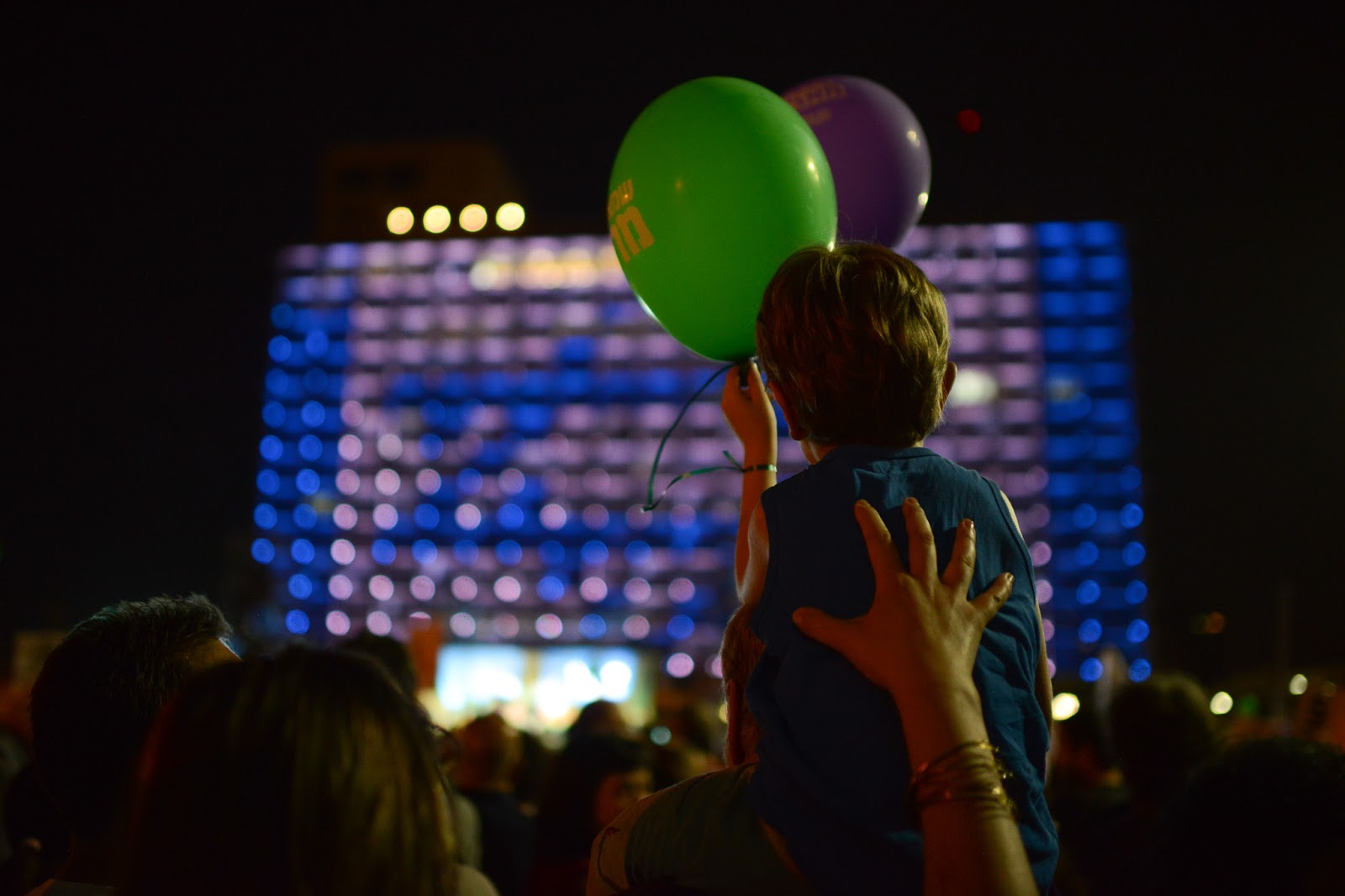A d’var Torah for Yom HaAtzma’ut and Parshat Kedoshim by Photographer and Activist Gili Getz.
Growing up as an Israeli hiloni (secular person), I felt little need for Judaism. Being the first generation in my family to be born in the State of Israel to Soviet immigrants, I was proud to serve my country as a soldier. I put away the chumash the military gave me after finishing my training without much thought. (I was even afraid that if I looked too deeply inside I would be brainwashed.)
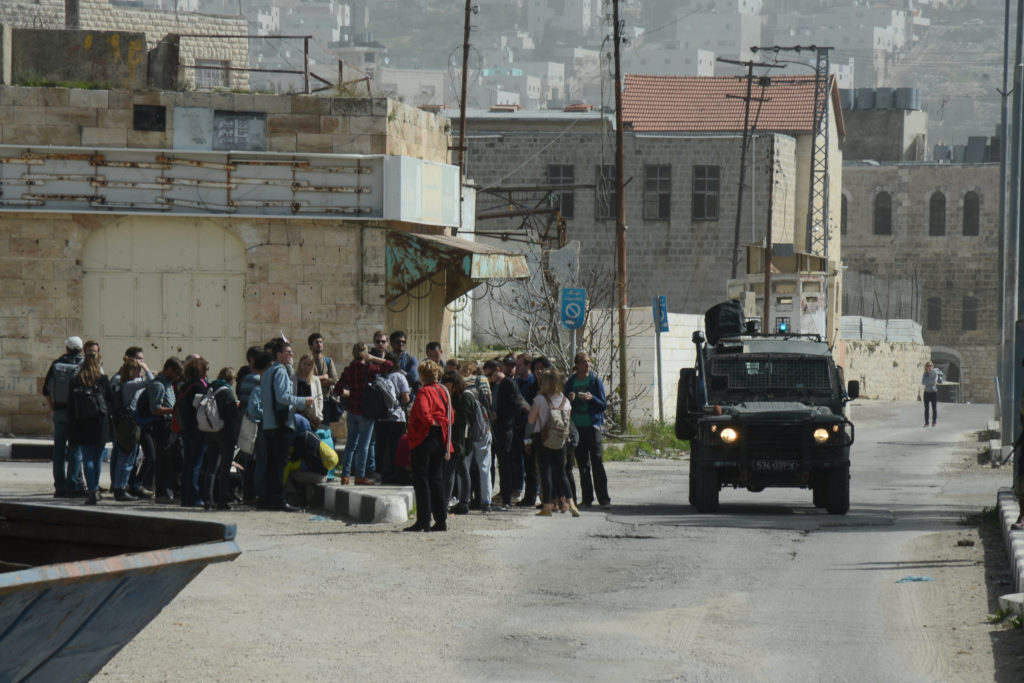
Coming to America after my army service, I discovered diaspora Jewish life. A life that as an Israeli I was never taught to value or understand, one that centers Jewish values. Judaism that was not only aligned with my progressive values but that has deepened and enriched my life, work, and identity. It also gave another layer to my relationship with Israel. So, for example, you are about to read a paragraph that I probably could never have written had I stayed in Israel.
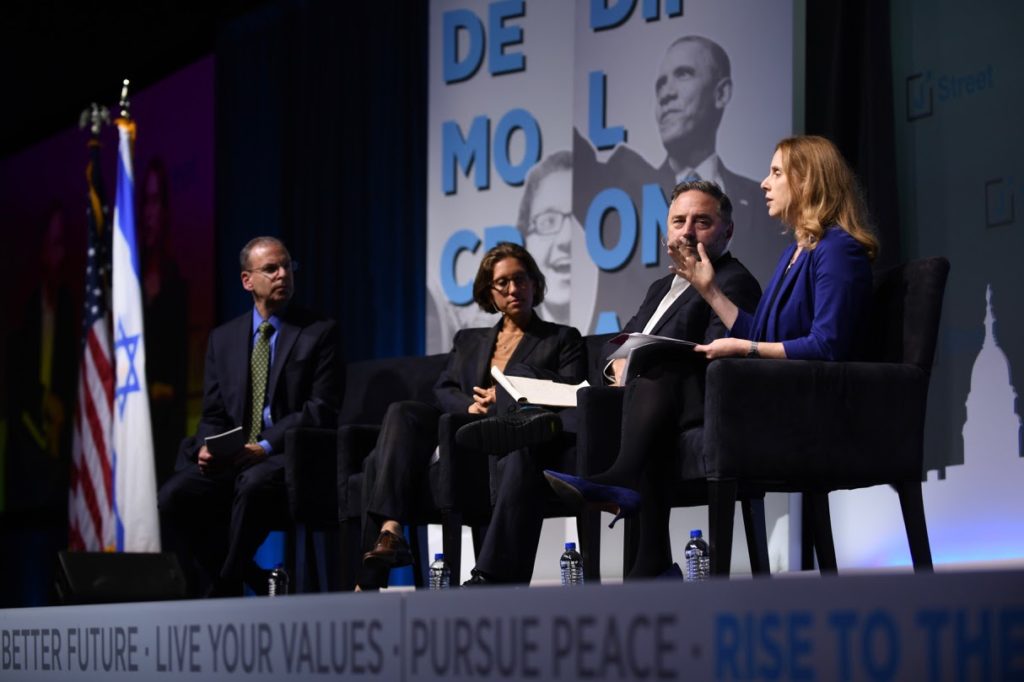
This week, we read Parshat Kedoshim, which usually falls right around Yom HaAtzma’ut. In it, God speaks of holiness itself and commands the people of Israel to obey ethical laws that focus on their relationship to each other and the stranger. At the end of the Parshah, God warns that the land will vomit those who are unethical and immoral out from it. A just treatment of others is set as a condition for staying on the land.
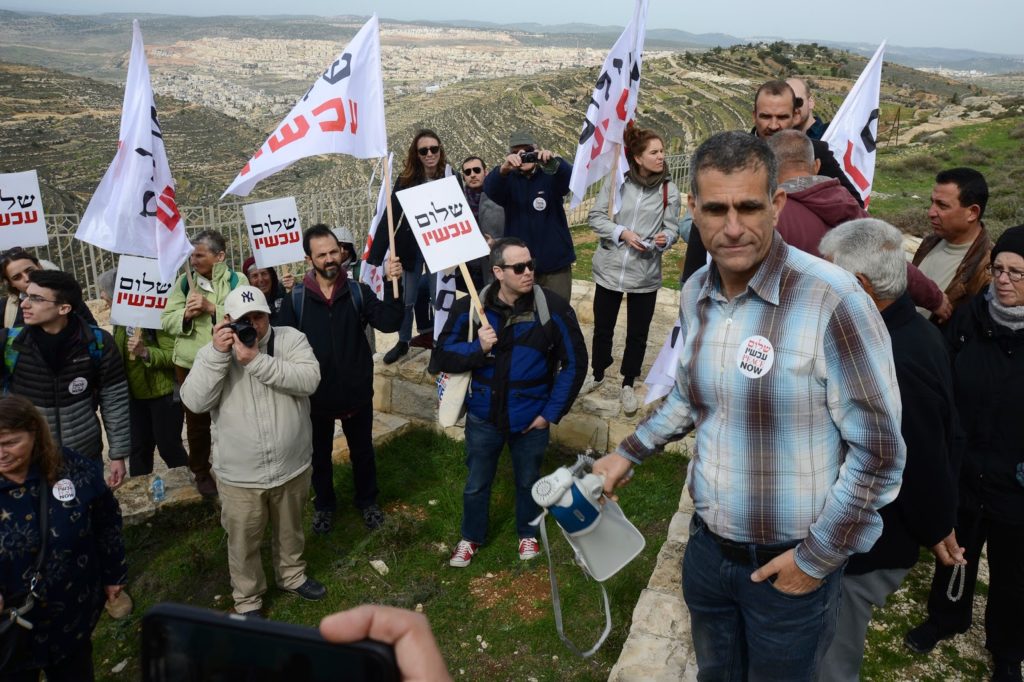
Sign up to receive Torah 20/20 in your inbox each week.
In America, I found myself — an Israeli patriot who believes the occupation poses a big threat to the country’s future — in deep tensions with those who argue that our role as American Jews is to deflect and deny any criticism of the occupation, settlements, and the rise of ultra-nationalism and illiberal characteristics (similar to the ones rising in America). But equally so with those on the other side who see the entire Jewish Israeli identity and history exclusivity through occupation and the Nakba. Blind to Jewish struggle, identity, and trauma, they advocate for the dismantling of the State of Israel (and often all other nation states) as the only way to bring peace and true justice.
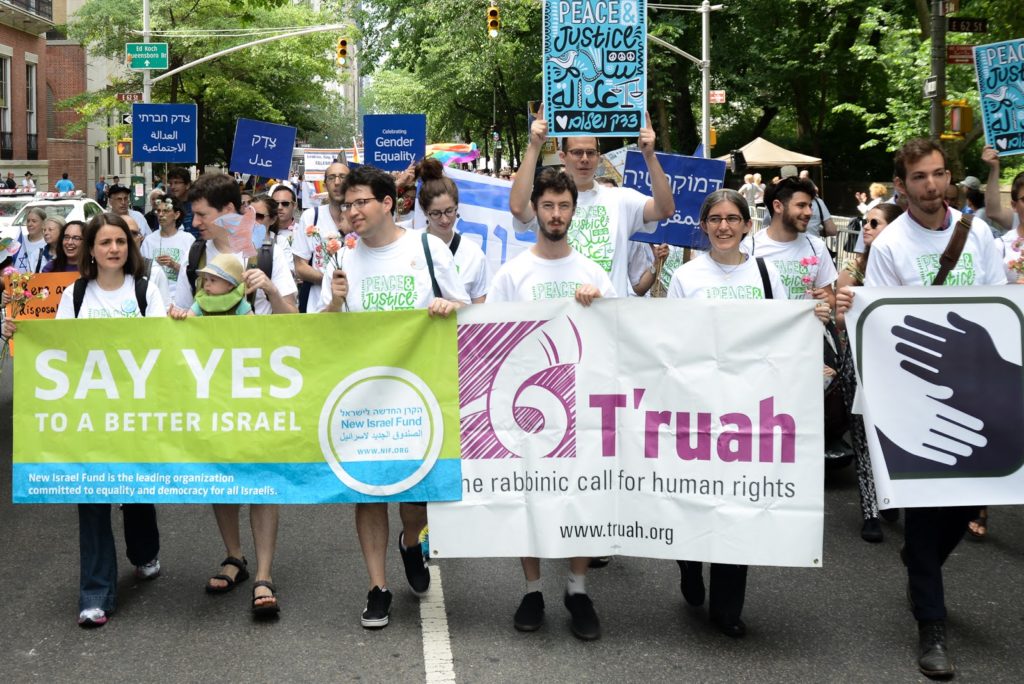
Both agree on one thing: American Jews have an obligation, a responsibility to act.
But I mostly found an alarming rate of disengagement and alienation and was deeply saddened by the growing rift between American Jews and Israel.
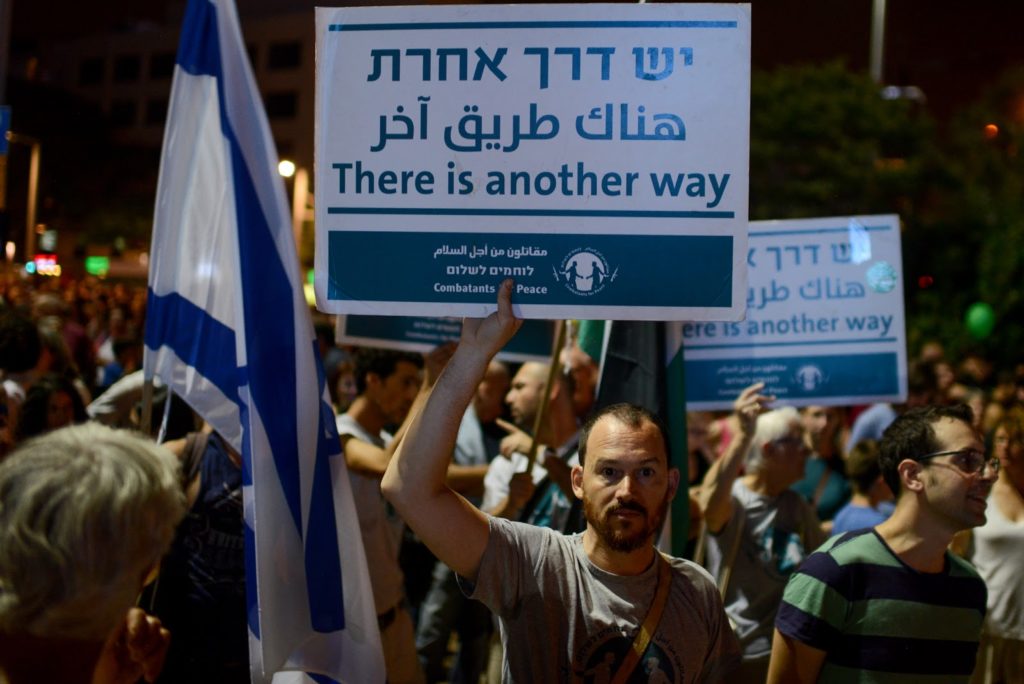
In my view, the role of the American Jewish community — and the way we celebrate our deep connection to Israel — is to work with Israeli Jews and Arabs for the fulfillment of Israel’s founding principles, and to help align the Jewish and the democratic. We know how to do Jewish and democratic. We are fighting for similar things here in America. And this partnership can serve us both.
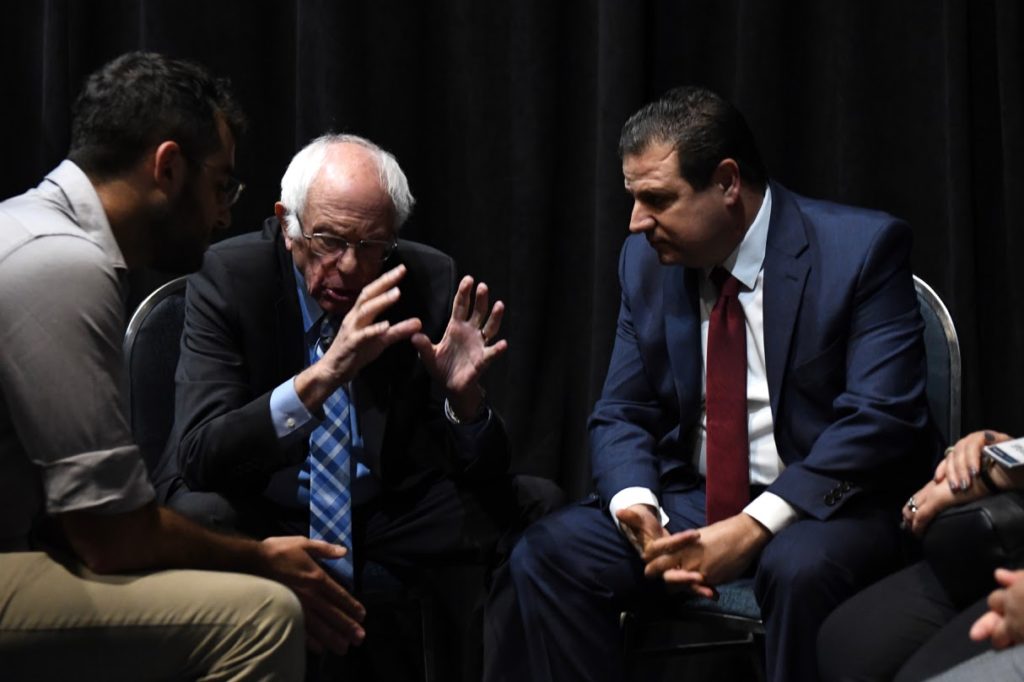
Consider our role as a strong voice for Israel’s security against regional threats and just as loudly advocating for Palestinan rights and dignity. These are not two separate issues — they are deeply connected. And we must show unwavering support to those fighting for Israel’s democracy.
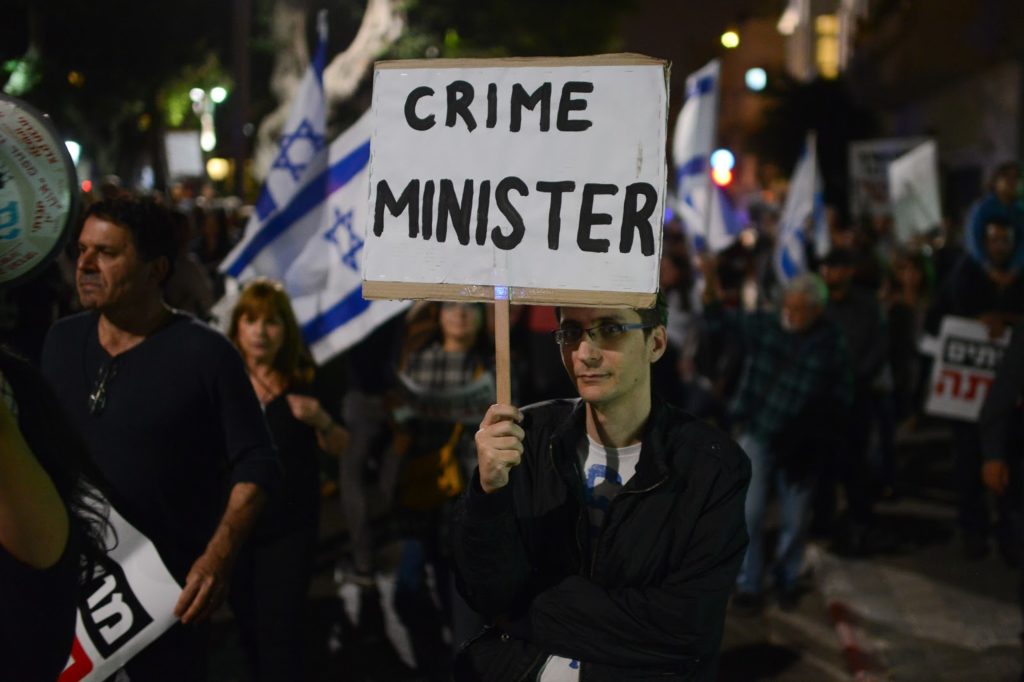
The Israeli opposition does need our help badly. We need to increase our efforts in elevating and supporting voices of Israelis working for Jewish-Arab partnership, democracy, social justice, religious pluralism, shared society, people-to-people and co-resistance to the occupation. They need our help — not unlike the young state 72 years ago.
Find more commentaries on Parshat Kedoshim.
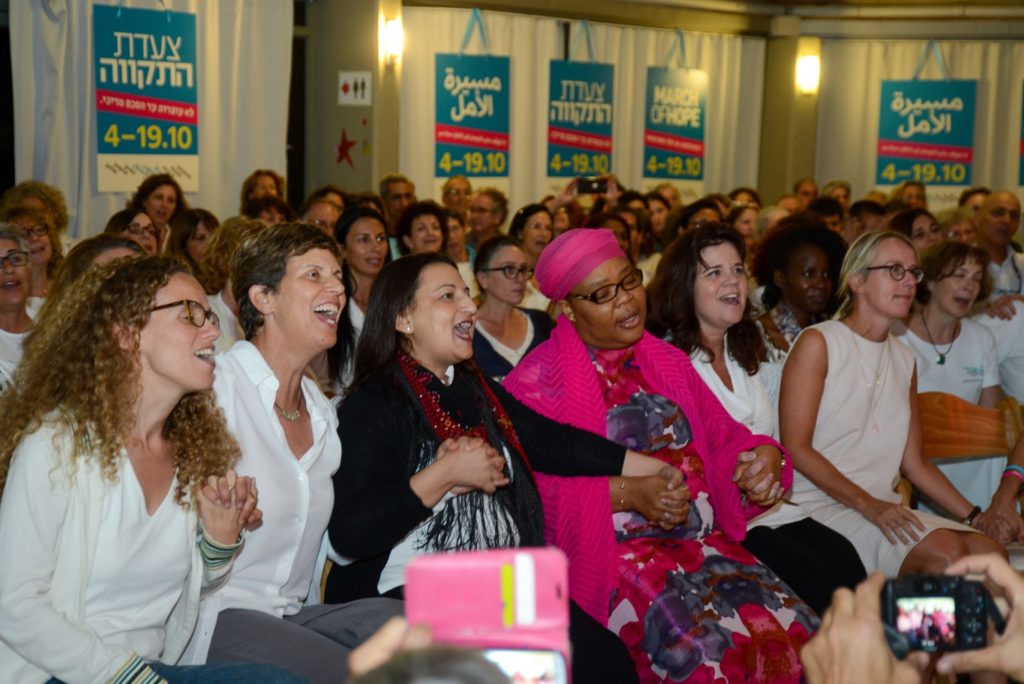
Whether it’s members of Knesset, civil society, or activists, the pro-democracy forces must work together. Organizations and movements on the front lines include groups like Omdim B’Yachad (Standing Together) — now one of Israel’s largest and fastest-growing grassroots movements — Women Wage Peace, Givat Haviva, The Parents Circle-Families Forum, and Combatants for Peace, just to name a few.
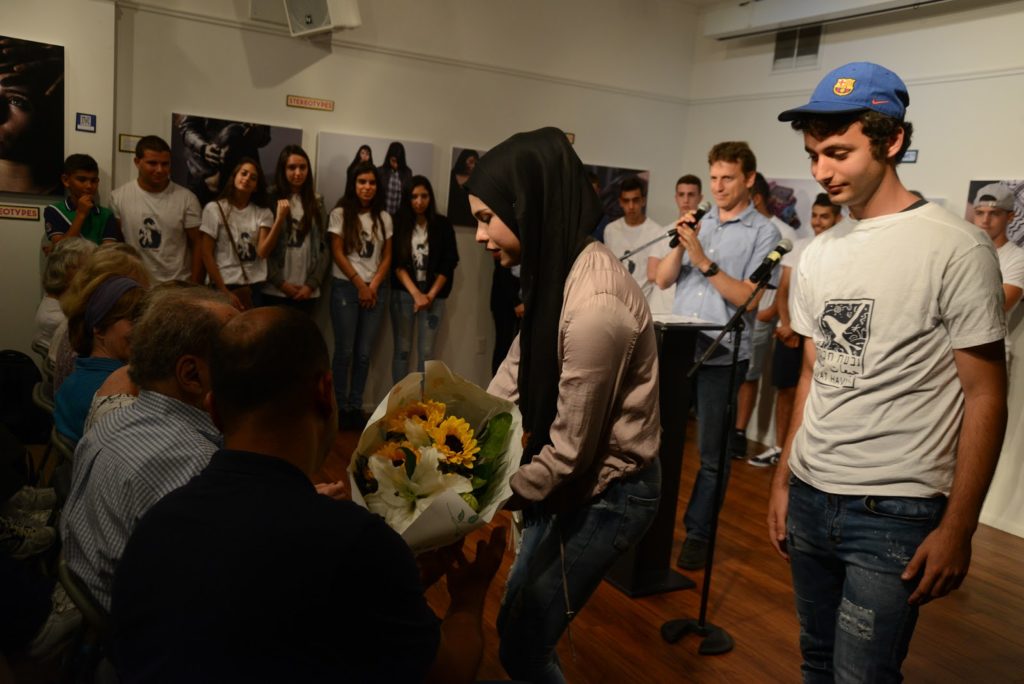
We must reject the notion that we are just spectators following the wishes of the Israeli government. We are free to shape that relationship according to our deeply held Jewish values. As an equal partner, not a second class cheerleader.
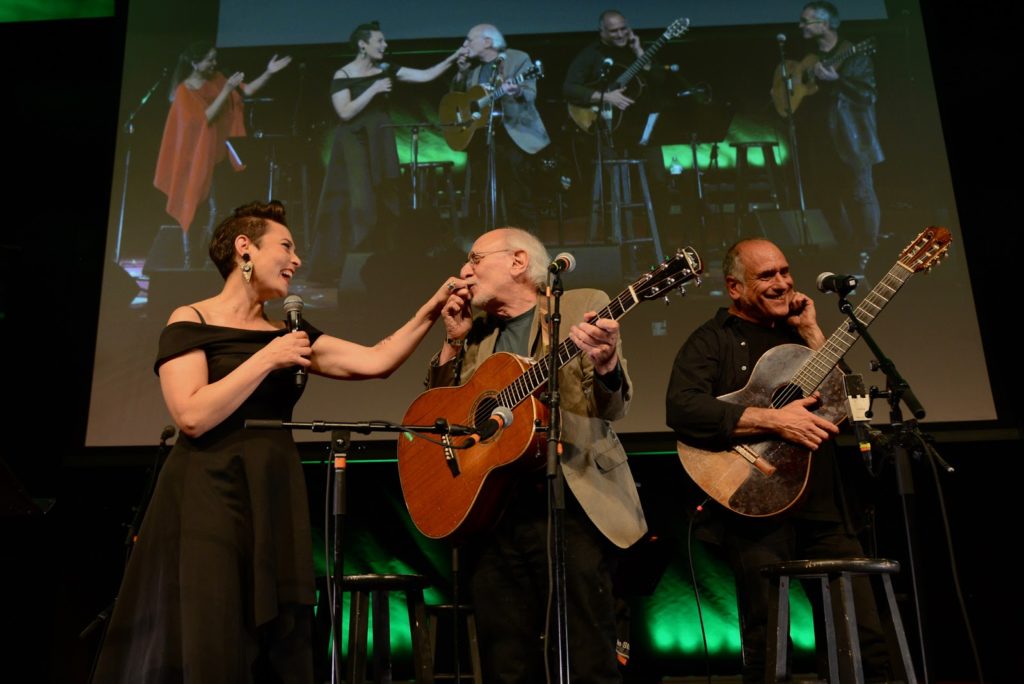
We must reject the idea that we can just look away and go on about our Jewish life as if this has nothing to do with us or accept that “nothing can be done.” We have an obligation to act. The story of Israel and Jewish peoplehood includes both thriving diaspora; the triumph of building a sovereign, just, secure, and powerful Jewish State; as well as the liberation of the Palestinian people from a brutal occupation. These are intertwined with each other and both part of that repair and shaping the destiny of the Jewish people.
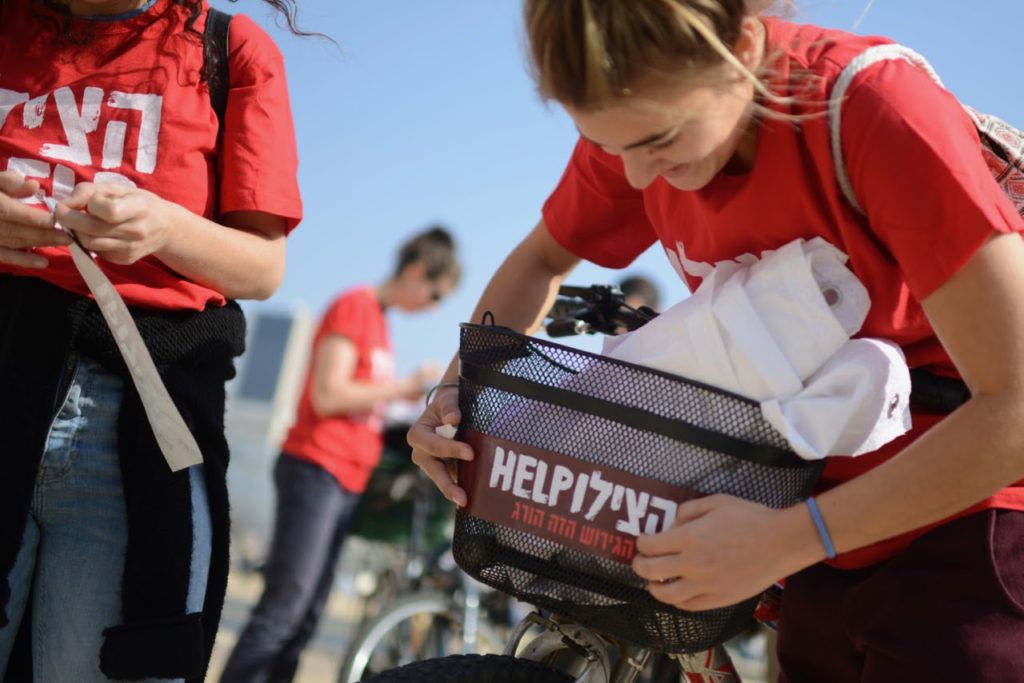
Let’s celebrate Israel with all of our Jewish identity and values. Envision with Israelis and Palestinians a future of peace and dignity for all, and help bring that about.
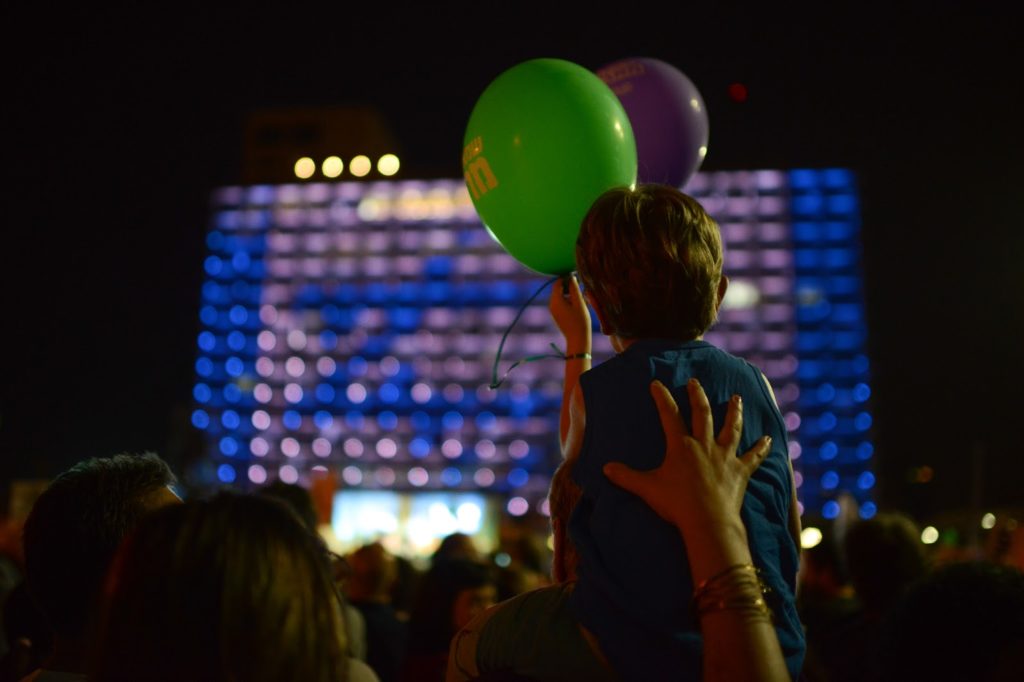
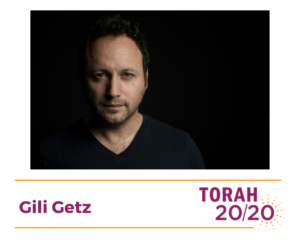
Gili Getz is an Israeli-American actor, photojournalist, and activist. He served as a military photographer for the IDF and as a news editor for Ynet. His work in recent years has been focusing on American Jewish politics, and he is published regularly in Jewish and Israeli press, and by Princeton University in the book Trouble in the Tribe: The American Jewish Conflict Over Israel by Professor Dov Waxman.

